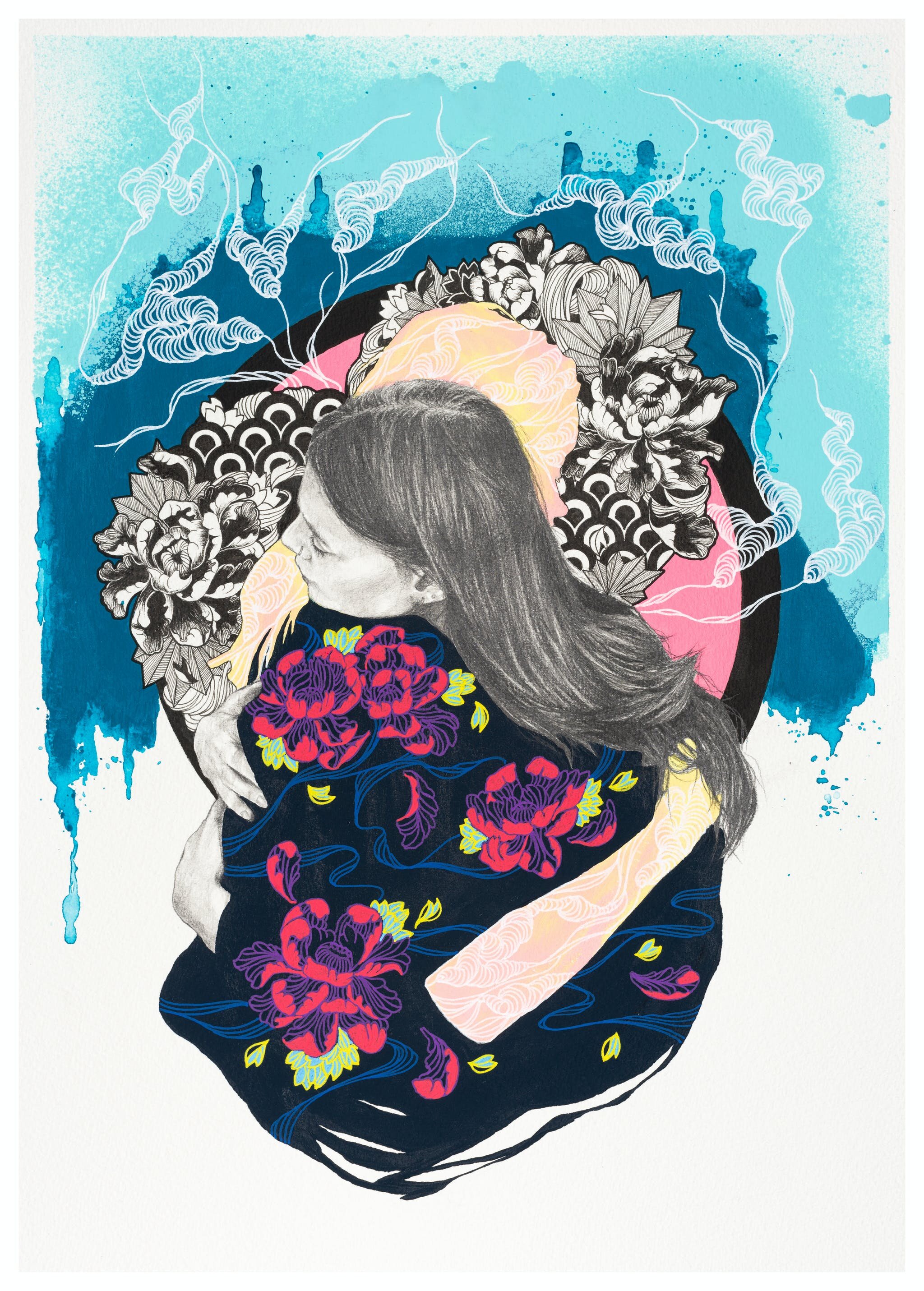Resources for Sensing Subtlety and Satisfaction Series:
“During the Covid-19 pandemic, a time in which we need more than ever to relax and boost our immune system, it seems ironic that we should be deprived of hugging in order to protect our health.”
VIDEOS:
What Happens to Humans When We Can’t Touch: This short video from the BBC contains an overview of the how touch effects childhood development, bonding amongst primates, and improvement in mood. It also covers the effects of being deprived of touch and how we've all been learning not to touch during quarantine. (That feeling when you're watching a movie and the actors touch and you have a visceral reaction that they should not be doing that!)
TMJ and the Feldenkrais Method: An Interview with Trainer David Zemach-Bersin: Feldenkrais® trainer David Zemach-Bersin was one of the first Feldenkrais practitioners who taught a TMJ audio series in collaboration with Mark Reese. His interest originates from working with Biofeedback specialists to see immediate effects in the jaw from Feldenkrais exercises. Learn more about why the health of the jaw is so important for your posture and your overall health. Interviewed by Yulia Kriskovets.
Your Body Can Change Your Mind: In her talk, Astra Coyle explains how the body has the means to access positive change and is readily available to each of you right there, beneath your skin, your cells...humming along just as surely as your own breath and blood. Astra Coyle, Guild Certified Feldenkrais Practitioner, is a teacher, speaker, and healer, devoted to ending trauma’s grip on the body and mind.
PODCASTS:
What’s Happening in Our Nervous Systems? Christine Runyan with Krista Tippet: The light at the end of the COVID tunnel is tenuously appearing — yet many of us feel as exhausted as at any time in the past year. Memory problems; short fuses; fractured productivity; sudden drops into despair. We’re at once excited and unnerved by the prospect of life opening up again. Clinical psychologist Christine Runyan explains the physiological effects of a year of pandemic and social isolation — what’s happened at the level of stress response and nervous system, the literal mind-body connection. And she offers simple strategies to regain our fullest capacities for the world ahead.
Busting Myths About Exercise - Terry Gross with Daniel Lieberman: Paleoanthropologist Daniel Lieberman says the concept of "exercise" is a relatively new thing. His new book, 'Exercised,' examines why we run, lift and walk for a workout, when our ancestors didn't. We'll also talk about how sitting and slouching affect our health.
Brain Science Podcast Interview with Dr. Norman Doidge, author of The Brain's Way of Healing: Remarkable Discoveries and Recoveries from the Frontiers of Neuroplasticity.: This interview focuses on the underlying principles of brain plasticity and their clinical implications. Although brain plasticity is well-established in the research community it has not yet fully penetrated clinical medicine where old views, which see the brain as largely fixed in adulthood, make it difficult for new approaches to reach most patients.


